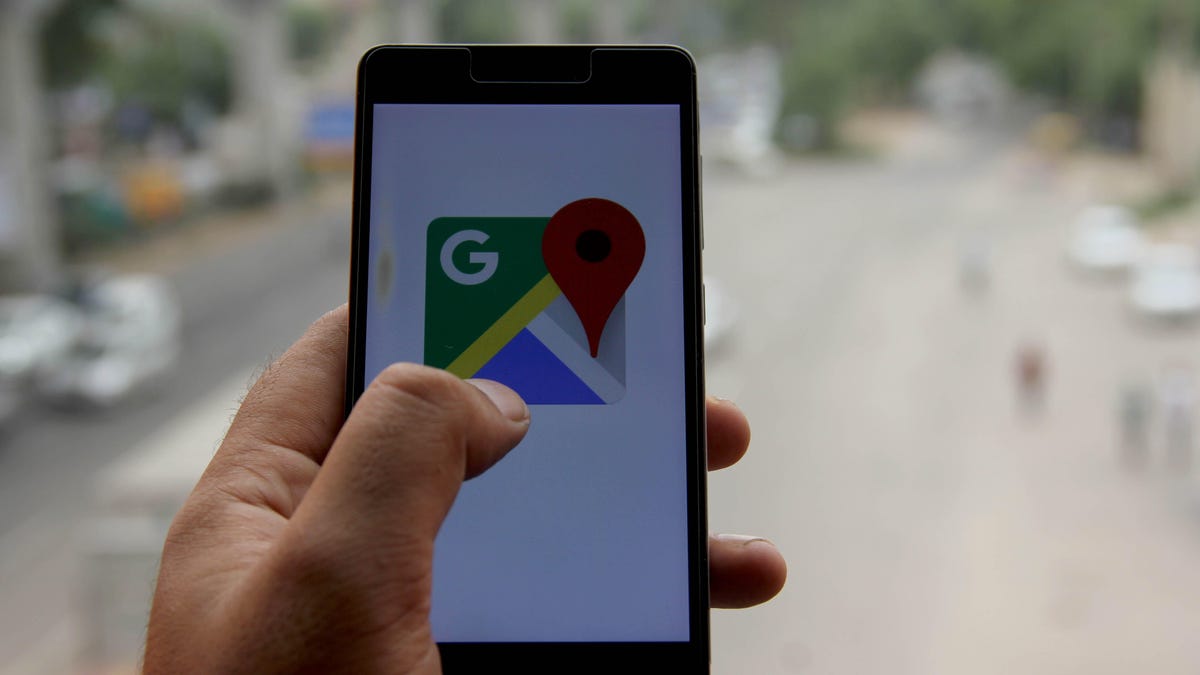Google sued over tracking user location amid privacy concerns
A Google user says the company misled him and other users.

Google is facing a lawsuit for its collection of location data even when users turned off location services.
The suit came just four days after a report from the Associated Press about Google's data collection practices. Google user Napoleon Patacsil's response was to go to court.
"Google expressly represented to users of its operating system and apps that the activation of certain settings will prevent the tracking of users' geolacation," Patacsil's lawyers wrote in a legal complaint filed on Friday. "That representation was false."
Google didn't immediately respond to a request for comment.
The lawsuit seeks to represent all Google mobile users, both on Android devices and iPhones, and claims the search giant violated privacy laws, including the California Invasion of Privacy Act and the right to privacy enshrined in the California consitution. A judge will have to decide whether to approve the plaintiff's request to move forward with his claims and whether he can do so on behalf of everyone in the US who might be affected by Google's practices.
Google's location collection practices have been under scrutiny since November, when Quartz observed Android users' location data being collected even when the location services setting was turned off. What's more, Google Home and Chromecast devices were observed leaking user location information in June, further illustrating the company's ability to collect user data without GPS.
Also in June, the US Supreme Court ruled in a case called Carpenter v. USA that the government must get a warrant to access past phone location data. The lawsuit filed last week cites the decision in that case, saying the justices found that location data is "highly sensitive."
That's because "of the massive amount of personal information that can be extracted from location data (such as medical treatment, personal relationships and private interests)," the lawsuit says.
Cambridge Analytica: Everything you need to know about Facebook's data mining scandal.
CNET Magazine: Check out a sample of the stories in CNET's newsstand edition.

